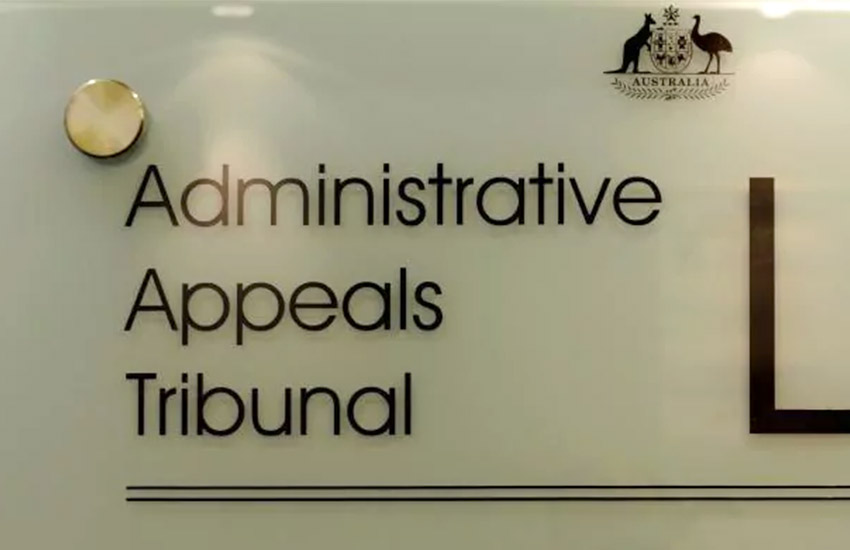Former tax agent Allen Middlebrook will now be unable to apply for registration with the Tax Practitioners Board for four years after the AAT reduced the original sanction down from the maximum period of five years.
The TPB had moved to cancel Mr Middlebrook’s registration in November 2019 after the regulator found him in breach of a number of provisions of the Code of Professional Conduct and deemed that he was not a fit and proper person.
You’re out of free articles for this month
Mr Middlebrook was alleged to have lodged over 100 tax returns on behalf of three taxpayers and their associates without first verifying their identity. It later eventuated that a number of those returns were fraudulent.
He was also found to owe a tax debt of $700,000 as well as a further $300,000 from his company, after the ATO commenced an audit and found that Mr Middlebrook had derived much greater assessable income than he had declared in the 2016 and 2017 financial years.
The ATO also found that Mr Middlebrook received significant drawings or wages from the company’s accounts but had failed to properly account for those payments or withhold pay-as-you-go amounts as required.
Tax refunds on behalf of clients were also paid into the company’s accounts and were not promptly remitted.
To compound the findings, the TPB alleged that Mr Middlebrook had played a role in filing up to five returns for former clients after his registration was terminated at the end of 2019.
The tribunal also noted that Mr Middlebrook had previously been the subject of regulatory action in 2009, with his company’s registration suspended for 18 months after an employee had committed fraud when lodging tax returns.
While Mr Middlebrook did not dispute the findings and expressed shame and remorse, he sought to argue that his misconduct was affected by his mental state.
‘Pitiable personal circumstances’
The AAT heard that Mr Middlebrook had encountered a number of stressful events that triggered the onset of depression and anxiety, including a bad business deal that resulted in destabilising losses, a car accident that resulted in court proceedings, concerns over his marriage, and bad legal advice from a former lawyer.
Mr Middlebrook also later revealed that he had experienced the death of his young child.
However, the tribunal was only presented with an expert report from a psychologist on the day of the hearing, and was told that the psychologist was not available for cross-examination at the hearing.
AAT deputy president Bernard McCabe concluded that it would be crucial to hear from the psychologist to better understand Mr Middlebrook’s situation and that, in the absence of such reliable evidence, it would be speculation to conclude that the mental health condition was the likely cause of the misconduct.
Mr McCabe ruled that a suspension was not sufficient, noting that it would be viewed by other agents as a “weak response to serious misconduct”.
“I am mindful of the seriousness of the applicant’s conduct, and the fact he has not learnt from earlier experiences,” Mr McCabe said.
“I am also mindful that he may well experience serious ill-health — although that is of no comfort to a client if the applicant is rendered incapable of doing his job. I am also mindful of the applicant’s personal circumstances, which are pitiable. His financial affairs are in dire straits, he is trying to hold his family together and he is in his sixties. That will make finding a fresh line of work much harder.
“I am also conscious of the need for general deterrence.”

 Login
Login







